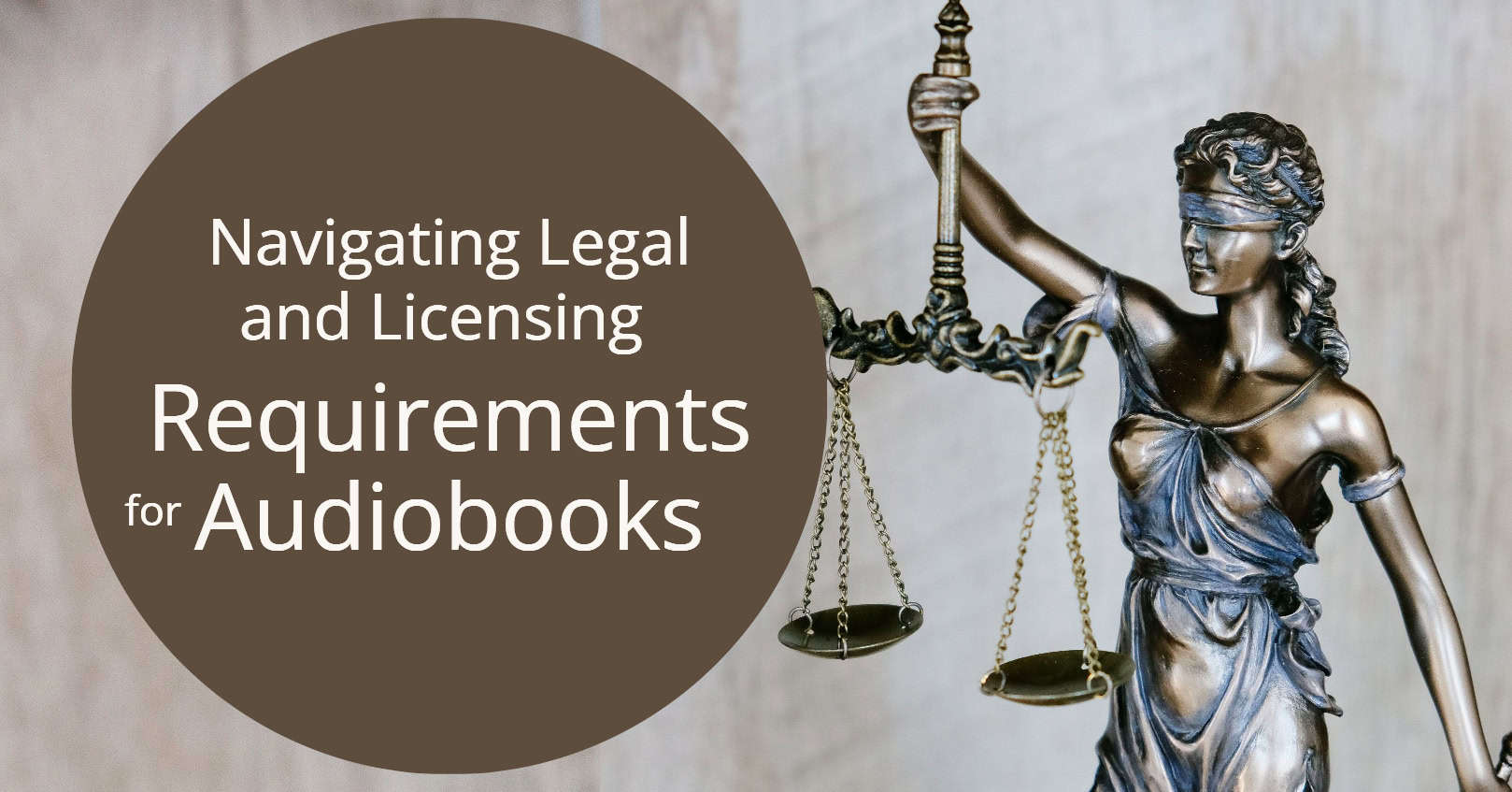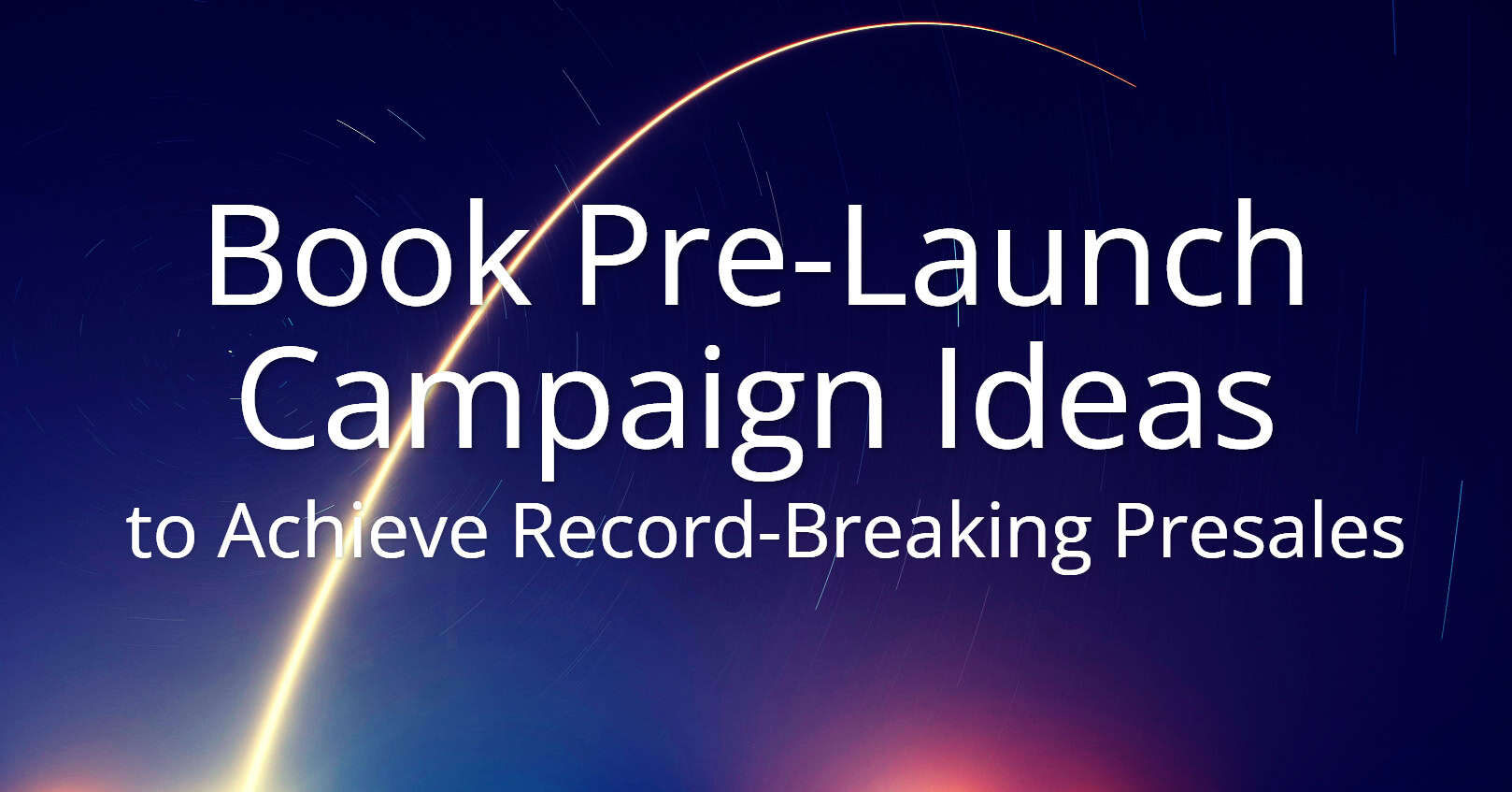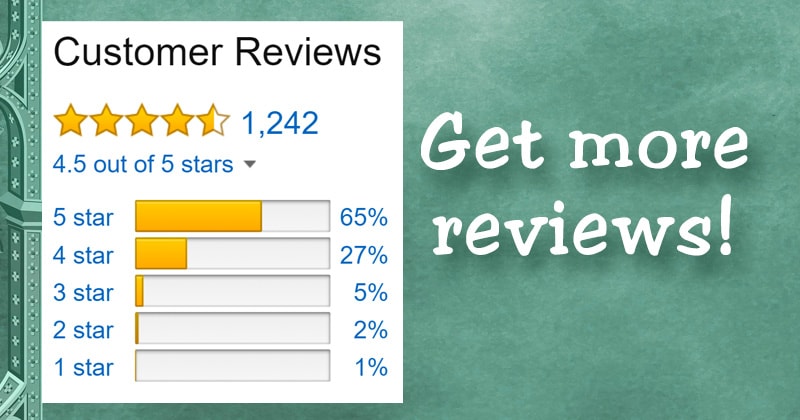
Creating an audiobook involves more than just recording a narration; it requires careful attention to legal and licensing requirements. Understanding copyright laws, securing proper agreements with narrators, and navigating AI-related licensing restrictions are crucial to ensuring compliance and protecting your work. Here’s what you need to know:
Copyright Laws
Before producing an audiobook, it’s essential to verify that you have the necessary rights to do so.
- Ensuring You Have the Rights to Produce an Audiobook: If you are the author, you may already own these rights, but if your book has been traditionally published, your publisher may hold them. Check your publishing contract to confirm.
- Public Domain Works: Books in the public domain are free to use for audiobook production, but be cautious—some translations or annotated versions may still be copyrighted.
- Permissions for Adaptations: If your audiobook includes sound effects, music, or other copyrighted material, you must obtain proper licenses to use them legally.
Contracts with Narrators
If you’re hiring a voice actor or narrator, having a clear and legally sound contract is essential.
- Key Elements to Include in Agreements:
- Compensation structure (flat fee, royalties, or a combination)
- Usage rights (whether the narrator retains any rights to the recording)
- Deadlines and expected revisions
- Termination clauses in case either party needs to back out
- Royalty Splits: Some platforms, like Audible’s ACX, allow for royalty-share agreements where narrators are compensated based on audiobook sales.
AI and Licensing
As AI voice technology becomes more common, it’s important to understand its legal limitations and licensing issues.
- Licensing Restrictions When Using AI-Generated Voices: Some audiobook retailers do not currently accept AI-narrated audiobooks, or they only allow them if generated using their own proprietary AI tools (e.g., Google Play Books).
- Copyright Considerations: While AI-generated voices may reduce costs, you must ensure that the AI provider grants commercial rights for audiobook use. (Generally, if you are paying a subscription, it includes commercial rights, but check to be sure.)
- Ethical Considerations: Some listeners and publishers prefer human narrators for quality and authenticity, so be aware of potential market limitations.
Navigating these legal and licensing aspects carefully will help you create and distribute your audiobook without legal complications. By securing the proper rights, using well-drafted contracts, and understanding AI licensing, you can ensure a smooth and legally sound audiobook production process.















Comments